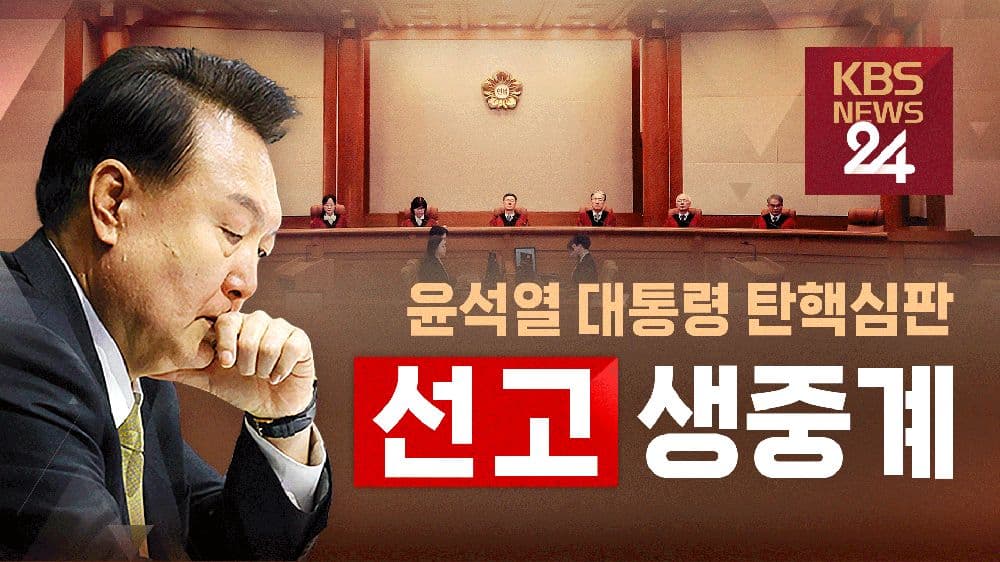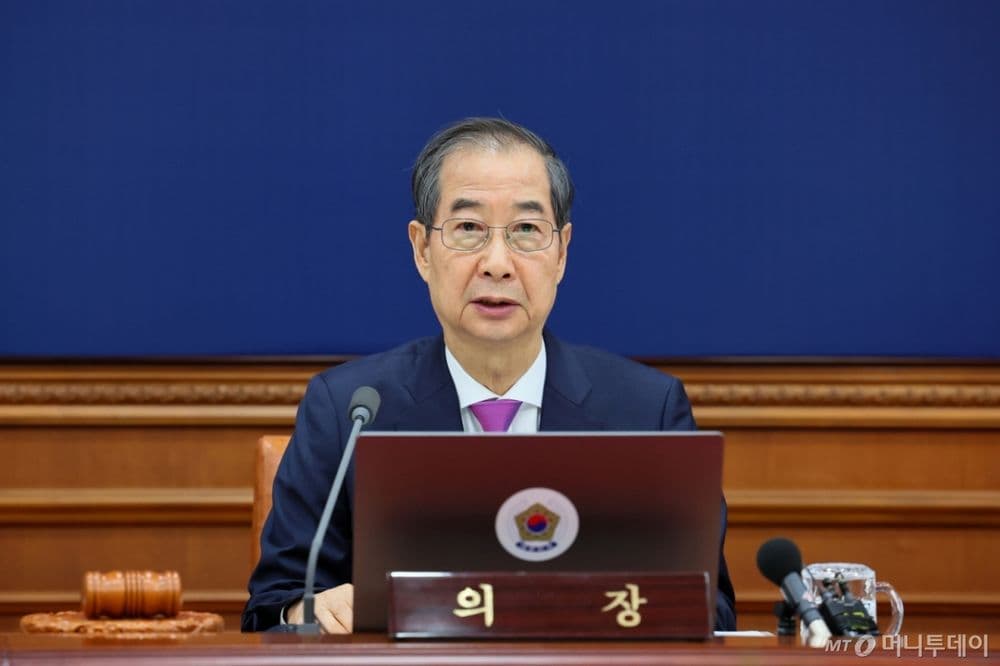Korea Faces Historic Verdict: What Will Happen to Yoon?

**The Decision That Will Shape South Korea's Future**
On April 4, 2025, the Constitutional Court of South Korea will issue a ruling that will determine the political fate of President Yoon Suk-yeol. The impeachment trial, the third in the country's history, has generated unprecedented polarization. We analyze the key details and possible consequences.
**📌 Case Timeline: From Martial Law to Political Trial**
The process originated after the controversial declaration of martial law on December 3, 2024. According to the accusations, Yoon attempted to mobilize military forces to control parliament and the electoral commission, violating constitutional principles. For 111 days, the court examined 5 main charges:

- Unconstitutional emergency proclamation
- Illegal use of armed forces against institutions
- Attempt to arrest political opponents
- Manipulation of electoral bodies
- Destruction of the balance between branches of government
Key witnesses, including former intelligence officials, presented evidence such as memoranda suggesting direct presidential orders. The process included 16 testimonies and 11 hearings, marking the longest impeachment trial in Korean history.
**⚖️ Predictions and Possible Scenarios**
The artificial intelligence ChatGPT estimated a 90% probability of removal, analyzing that the charges meet constitutional requirements. On the other hand, Grok (Elon Musk's AI) noted that the decision could depend on the interpretation of evidence.
Among the legal scenarios:
| Verdict | Requirements | Consequences |
|---|---|---|
| Removal | 6 of 8 judges | Elections within 60 days |
| Acquittal | 3 or more judges | Yoon resumes office |
| Dismissal | Simple majority | Immediate end of process |
Legal experts highlight that the delay in the verdict (38 days of deliberation) would suggest efforts to reach consensus, possibly towards a unanimous removal.
**🗳️ Electoral Impact: Heading Towards Early Elections?**
If the removal is confirmed, Korea would face its first early presidential election since 2017. The tentative date would be **June 3**, following the constitutional deadline of 60 days. This scenario would force parties to hold express primaries, with campaigns of just 22 days.
The political landscape shows divisions: while the opposition demands 'historical responsibility', Yoon's supporters organize vigils in front of the court, describing the process as an 'institutional coup'.
**📢 Citizen Reactions: A Divided Country**
Korean society shows deep fractures:
- 96,370 applications to attend the verdict (only 20 spots available)
- Massive gatherings of both sides in Seoul
- Trending on social media: #JusticeForKorea exceeds 1.2 million mentions
Forums like Nate Pann and DC Inside reflect passionate comments: If they don't remove him, it will be the end of our democracy vs. They are judging a president for defending the country.
**📺 D-Day: This Is How the Historic Announcement Will Be**
The court will begin the session at 11:00 AM (local time) with a reading of the grounds for 20-30 minutes. The key will be when the final ruling is read:
- If announced at the beginning → Possible acquittal
- If reserved for the end → High probability of removal
President Yoon decided not to attend, citing 'security reasons'. The live broadcast on YouTube and national television is expected to exceed 15 million viewers.
**🌍 International Implications**
Global analysts see this case as a test for Asian democracy. International media highlight:
- BBC: 'Korea faces its most serious constitutional crisis since 2016'
- CNN: 'The verdict could redefine the limits of presidential power'
- NHK: 'Domino effect on relations with the US and China'
Asian financial markets show volatility, with the South Korean won fluctuating 2.3% due to uncertainty.
**Final Reflection: A Turning Point**
Beyond the outcome, this trial exposes deep tensions in Korean society between stability and democratic accountability. The court is not only judging a president, but defining the balance of powers for future generations. The world's attention is focused on how Korea will write this crucial chapter of its political history.
Discover More

South Korea's 2025 Snap Election: Democracy at a Crossroads
An in-depth look at South Korea's June 3 presidential election triggered by historic impeachment, analyzing political implications, public sentiment, and cultural significance in maintaining democratic traditions.

The Letter that Moved Korea: Noel Between Grief and Controversy
Death of former politician Chang Je-won under investigation for sexual assault, controversy over his son Noel's letter, and social debate in South Korea about justice and mental health.